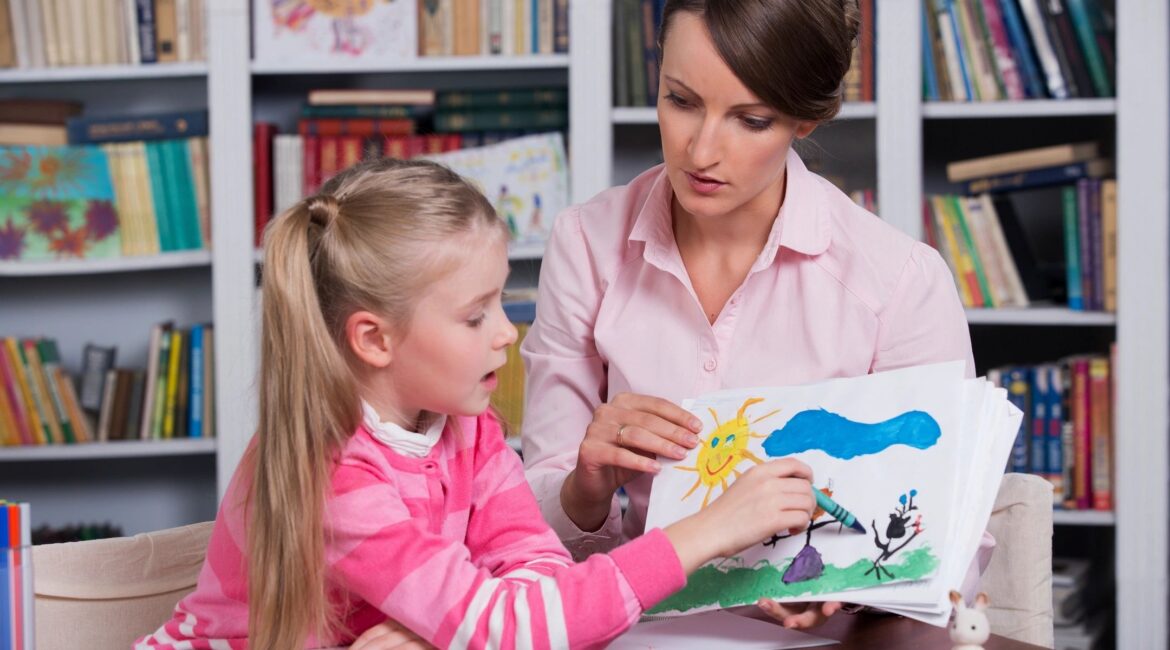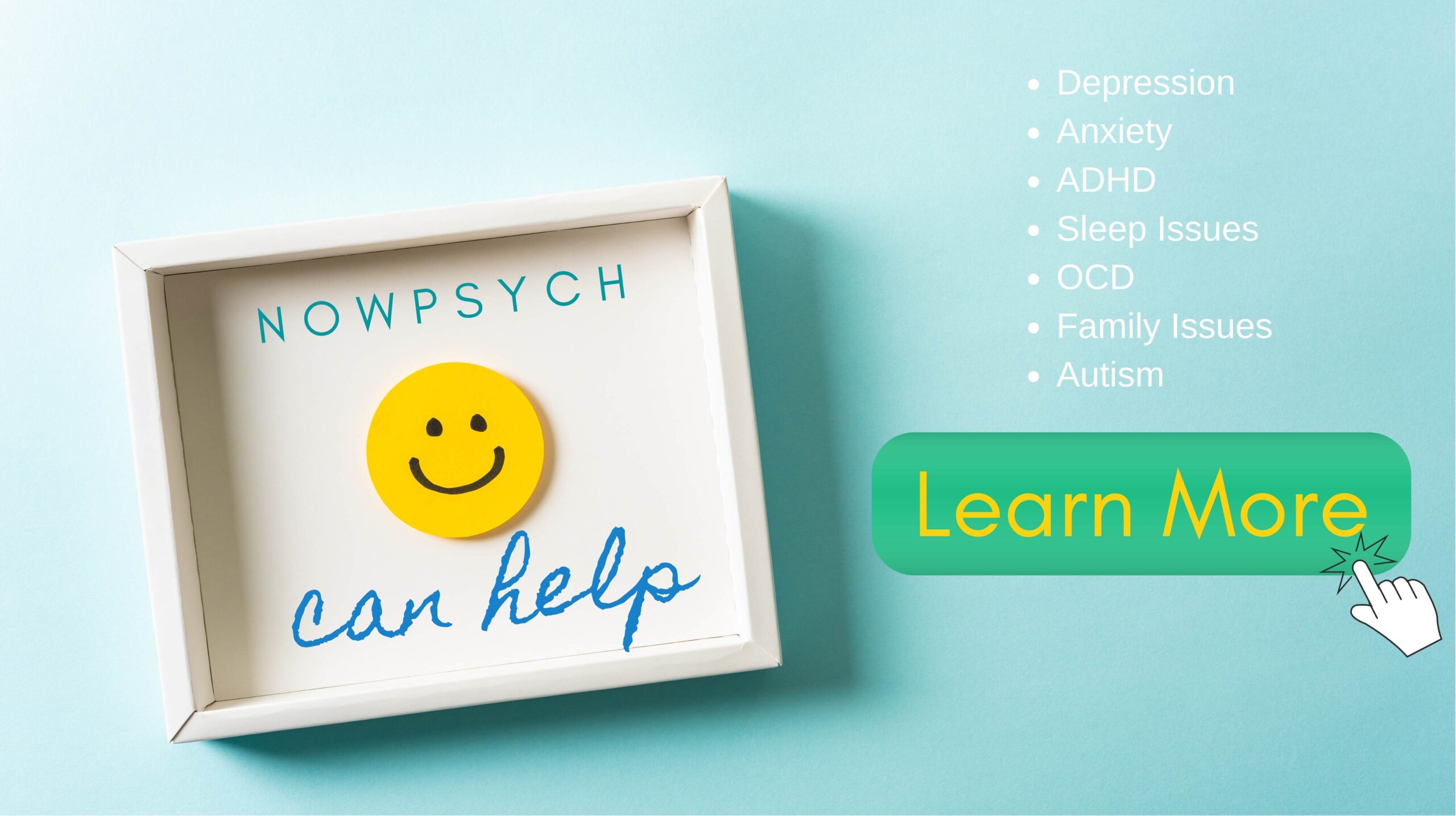Choosing the Best Psychiatrist For Your Child
Knowing how to choose a child psychiatrist that is right for your family is a difficult process. As your child is growing up and in their early formative years, it is important to try to be aware of any childhood issues or challenges that they may be facing. This could be difficulties learning in school, communicating and socializing with other children, attention issues, mood issues, or any family disruptions that are causing them to exhibit behavioral problems. This is where a child psychiatrist can greatly help, considering they can be a trustworthy individual that your child can openly discuss any problems with and ultimately pinpoint the root cause.
While deciding to take your child to a psychiatrist is the easier part, finding one that is best suited for your child is by far greatest challenge within the process. When considering taking your child to a psychiatrist, there are some questions, preparation, and aspects to understand before making a final decision on what psychiatrist to choose.
Choosing a Child Psychiatrist
There are a substantial amount of therapists and psychiatrists out there – don’t find yourself wasting time and money on the wrong one for your child. Before you decide, there are a few tips that can help you along and guide you through the process. These tips include the following:
- Asking Questions – By far the most important tip is to ask questions. Before you make an appointment, there are many questions you should ask the psychiatrist. These include asking what their background and training is, how often they meet with parents, thoughts on medications, how long do children usually stay in therapy, or if the psychiatrist will be in contact with the child’s teacher or guidance counselor. All of these questions are common and need to be understood before moving onto next steps. Having said that, developing your own list of essential questions is also important, considering that some aspects may be important to you that are not to other parents.
- Consultation Preparation – The next step after asking questions on the phone is to prepare for a consultation. Before setting up the consultation, it is important to prepare a list of concerns that you have about your child. This may include classroom reports, report cards, behavioral concerns at home, or any other struggles that you believe are prevalent. You understand your child and can sense what areas they are lacking in, which is why it is important to come in prepared for when you meet with the psychiatrist. This will also help the psychiatrist by being thoroughly aware of what areas to look into when meeting with your child.
- Gaining an Understanding of Credentials – There are different levels and credentials within psychology and therapy. These include social workers, psychiatrists, and psychologists, but what exactly is the main differences amongst them? They all are very different from each other in terms of training and specialties. Social workers will usually have a master’s degree in social work and are trained to problem solve and seek conflict resolution through counseling or group work. Psychiatrists have medical degrees and are able to prescribe medication, such as antidepressants for anxiety or depression as well as do therapy and other treatments. Psychologists have doctorate degrees in psychology and psychological and educational testing, which coincides with talk therapy. This is where a child with ADHD, dyslexia, or auditory processing might be identified and recommendations are made, such as medication or group therapy.
Thoroughly research and understand what exactly your child needs in terms of therapy or psychiatry and make sure that they are in good hands. Remember to ask questions, prepare for a consultation, and ultimately gain an understanding of different credentials and what they mean.
Dr. Sean Paul, MD is a child psychiatrist who practices in person as well as online child psychiatry.





